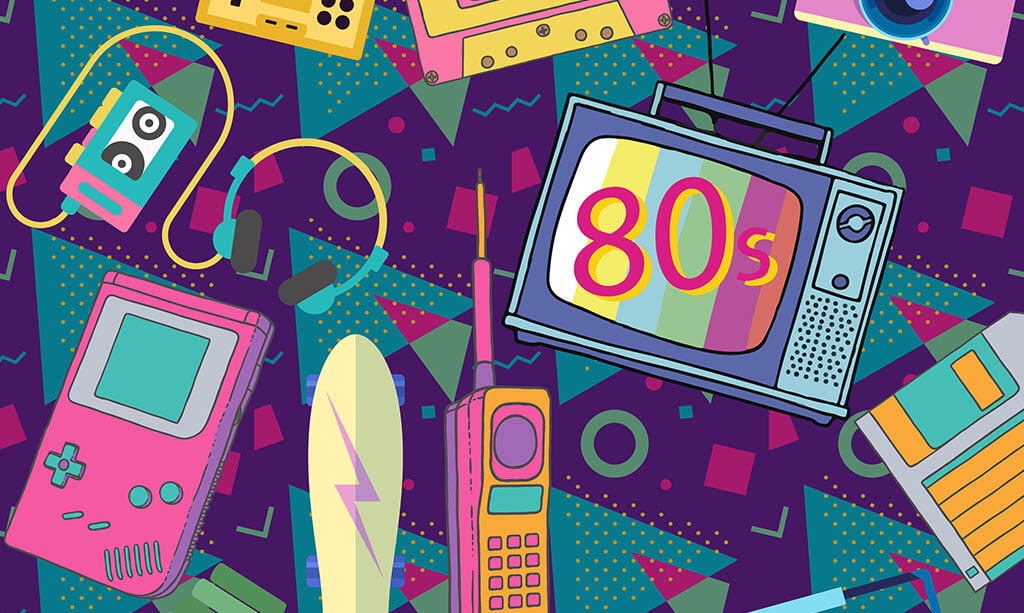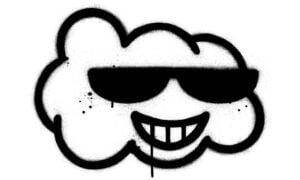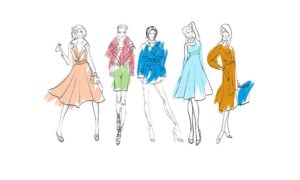

The aesthetic of the ’80s
The main goals of this ESL lesson plan are to:
- – Explore 1980s culture vocabulary including fashion items like “shoulder pads” and “legwarmers,” gadgets such as “Game Boy” and “Sony Walkman,” plus slang phrases like “take a chill pill” through picture matching and reading activities.
- – Compare Past Perfect Simple and Past Perfect Continuous by completing grammar rules, practicing correct tense forms, and using both structures to discuss events from the 1980s in this upper intermediate lesson.
- – Discover retro lifestyle elements by watching Vox videos about 80s aesthetics, reading about home furniture trends, and solving rebus puzzles while learning about hairstyles, fabrics, and cultural patterns from this iconic decade.
In this Upper-Intermediate lesson plan, students will practice the Past Perfect Simple and Past Perfect Continuous tenses and talk about clothes, hairstyles, furniture, appliances, and gadgets of the ’80s.
Warm-up
The student tries to guess the names of the items that were popular during the ’80s shown in the pictures (Pac-Man, legwarmers, mullet, etc.).
Vocabulary: Fashion
The student learns the names of fashion items that appeared in the ’80s (shoulder pads, mini skirts, go-go boots, etc.). They also learn about fabrics and patterns used in this fashion era (animal print, leather, denim, etc.). The student replaces pictures with words to get the names of accessories women wore back then (scrunchies, bangles, oversized glasses, etc.).
Next, they match the hairstyles with their names (mullet, mohawk, Jheri curls, etc.).
Reading: Home styles and furniture
The student reads an abstract on home styles and furniture in the ’80s and completes the text with the missing words. Next, they put the words from the home style and furniture section into the correct categories (materials, rooms in the house, exterior, interior, etc.).
Vocabulary: Gadgets
The student matches the names of gadgets (Game Boy, Boombox, Sony Walkman, etc.) with their pictures and descriptions.
Video: The origin of the ’80s aesthetic
The student watches the Vox video The origin of the ’80s aesthetic and answers the video comprehension questions. They also correct the mistakes in the statements based on the video.
Grammar: Past Perfect vs. Past Perfect Continuous
The student completes the rules and structures of the Past Perfect and Past Perfect Continuous tenses with the missing words. They practice using these two tenses by completing sentences with the correct forms and correcting mistakes.
Vocabulary: ’80s Slang
The student gets familiar with slang phrases that originated in the ’80s (take a chill pill, gag me with a spoon, etc.). They match them to hypothetical situations.
As a wrap-up activity, the student solves rebus puzzles to get the words they learned in the lesson (legwarmers, rug, etc.).

Celebrities: From Red Carpets to Reality
This B2-level lesson explores the reality behind celebrity life, examining how fame affects…

Street Art
The main goals of this ESL lesson plan are:
– to…
What season are you? Discovering your color palette
The main objectives of this ESL lesson plan are to:
– learn about…
